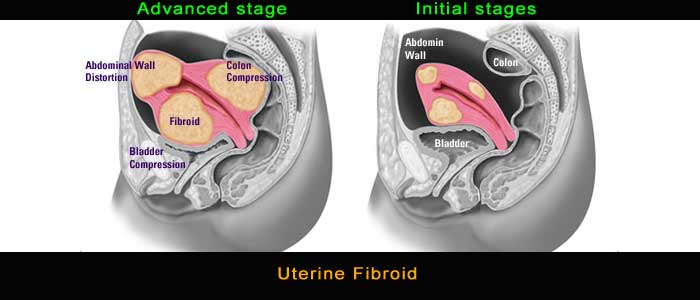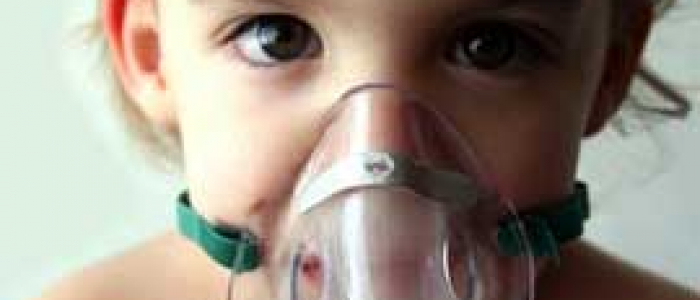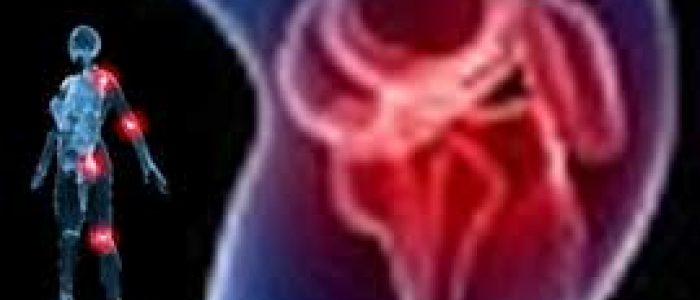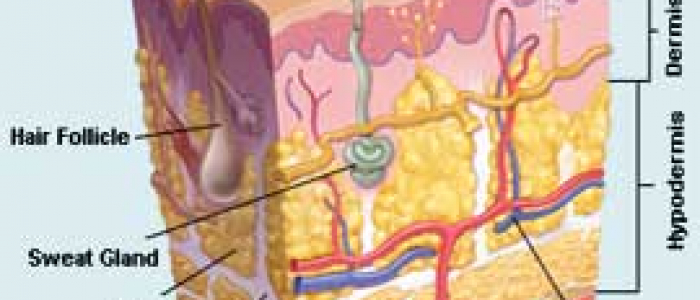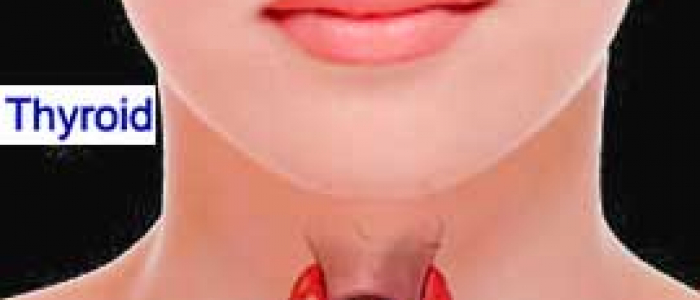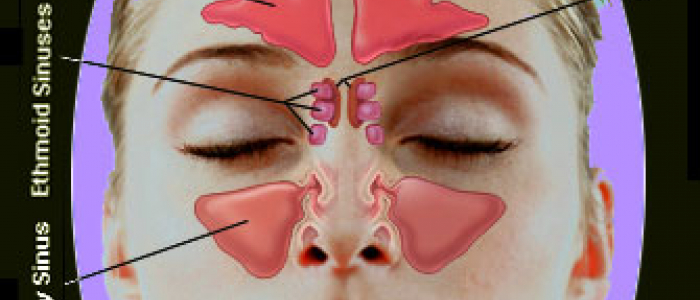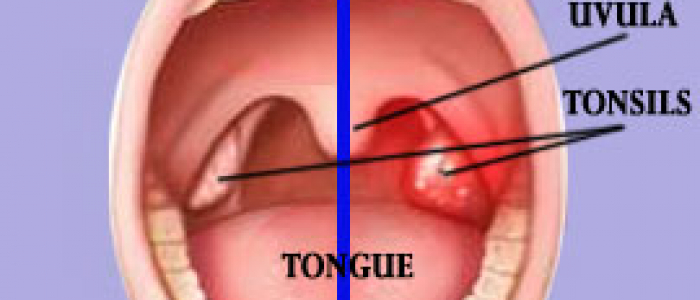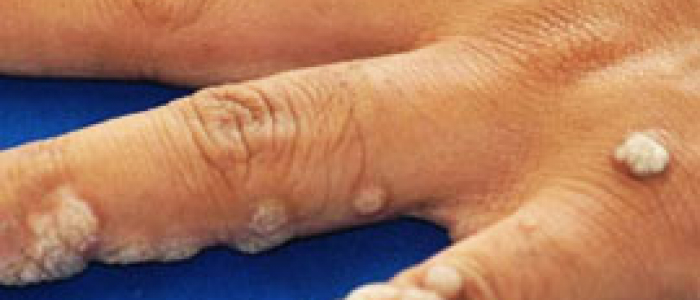
The message for patients and their doctors is clear: restrict the use of CT scans to cases where they can truly aid in diagnosis and consider other options....
This New York Times Editorial focuses on this subject
CT scans have long been cited as a prime example of how the overuse of fancy medical technologies can drive up the cost of health care. Now there are newly voiced concerns that computed tomography, or CT, may be a health risk as well.
The scans, which were introduced in the 1970s, have revolutionized medical imaging by producing three-dimensional views of organs and other tissues. The scans are undeniably of great value in helping doctors diagnose just what is causing a patient’s illness or pain. But a critique published in The New England Journal of Medicine by two researchers at Columbia University’s Center for Radiological Research warns that usage has spread so rapidly that high, lifetime doses of radiation are now becoming a public health hazard.
More than 62 million CT scans were performed in the United States last year, a huge increase from the 3 million performed in 1980. And each scan gives the patient a far higher dose of radiation than a conventional X-ray would. Unfortunately, even many doctors have no idea how much radiation a CT scan delivers.
The risk that a single CT scan might cause cancer is very small, and the medical benefits of diagnosing an ailment far outweigh the slight radiation risk. The problem comes when CT scans are not medically appropriate, such as full-body scans to screen patients who feel fine on the chance that some hidden disease might be detected, or when CT scans are repeated again and again as patients traipse from one doctor to another while their medical records lag behind.
The researchers cite previous estimates that a third of all CT scans performed in the United States could be replaced with less risky diagnostic technologies or not performed at all. If true, that means that some 20 million adults and 1 million children in this country are being irradiated unnecessarily each year. In coming decades, the researchers suggest, as many as 2 percent of all cancers in the United States may be because of radiation from CT scans performed today.
Even if these predictions are on the high side, as some radiologists and medical device manufacturers contend, the message for patients and their doctors is clear: Restrict the use of CT scans to cases where they can truly aid in diagnosis and consider other options, such as ultrasound or magnetic resonance imaging, which have no radiation risk.


